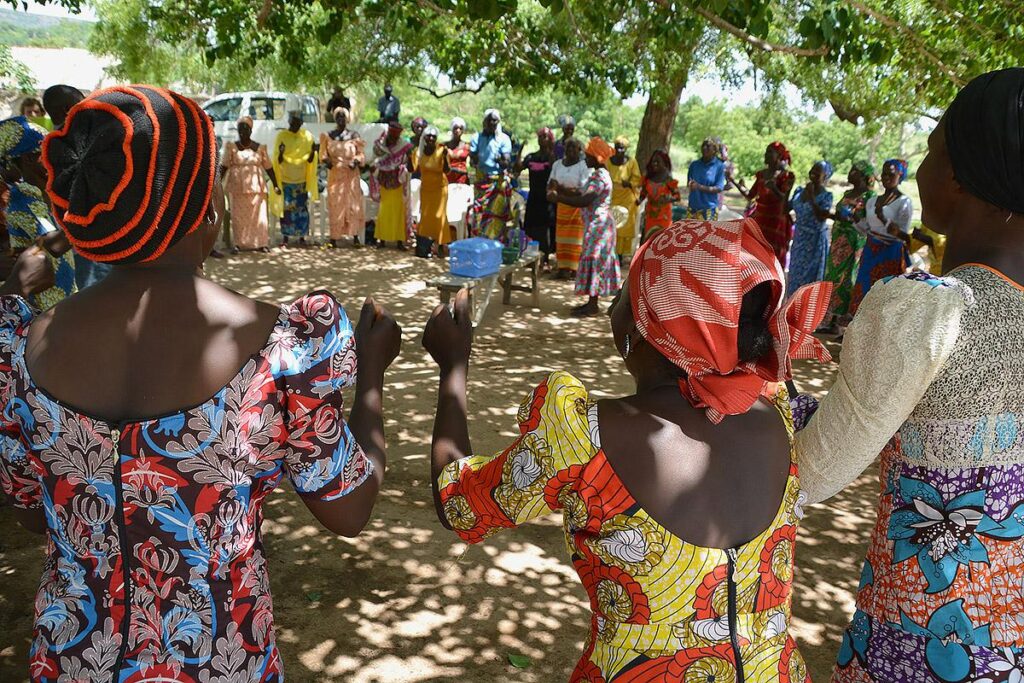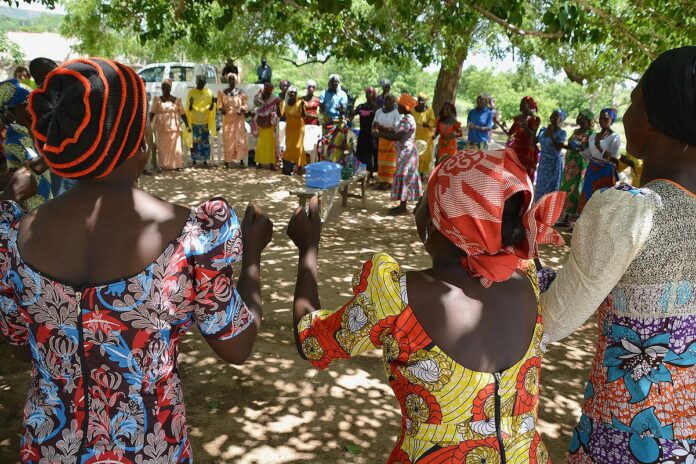
Japan and the United Nations Educational, Scientific and Cultural Organisation (UNESCO) have agreed to empower Nigerian women and girls in marginalised communities.
This is contained in a statement jointly signed by Atsuyuki Oike, Ambassador, Permanent Delegate of Japan to UNESCO and UNESCO’s Director of the Bureau of Strategic Planning, Jean-Yves Le Saux.
Saux signed the project agreement letter administratively in Paris in observance of the Coronavirus (COVID-19) protocol.
It said the project would strengthen efforts at tackling the disruption of learning for children and surge of Gender-Based Violence (GBV) brought about by the COVID-19 pandemic in Bauchi, Gombe, and Delta states.
“The project is set to promote the empowerment of women and girls in marginalised communities for resilience strengthening and self-actualisation through education, along with effective advocacy for eliminating Sexual and Gender-Based Violence (SGBV) and reducing the spread of COVID-19.
“This will ultimately contribute to peace, stability, and inclusive development in Bauchi, Gombe, and Delta states of Nigeria”.
According to the statement, the project is expected to be accomplished through the combined effects of sports and psychosocial rehabilitation, community media empowerment, and second-chance education opportunities.
It explained that the project would complement another ongoing UNESCO project in Nigeria aimed at reducing the surge in gender-based violence, and countering violent extremism as well as hate speech.
“UNESCO is in the forefront of promoting youth and adult literacy through evidence-based advocacy and fostering partnerships with focus on the non-formal education,” it added.
While noting that Japan and UNESCO had other collaborative engagement centered on sustainable development, the statement said “this project” would focus on the promotion of peace, stability, and inclusive development.

